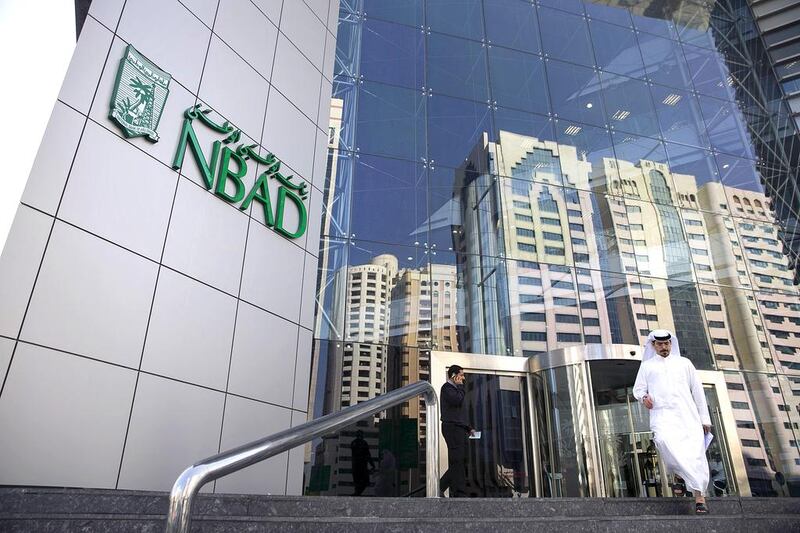National Bank of Abu Dhabi expects as many as six UAE companies to go public this year, raising as much from Dh8 billion in share sales.
The country’s biggest bank by market capitalisation is positioning itself to pick up lucrative fees from advising on some of these planned offerings.
It hopes to fill a void left by the retrenchment of some western investment banks in the wake of the financial crisis.
“NBAD has been investing in its investment banking capacity, knowing who is ready first will be capturing the market share,” said Majd Maaiteh, the head of securities at the Abu Dhabi-headquartered bank.
The Dubai Financial Market and Abu Dhabi Securities Exchange were among the world's best-performing stock exchanges last year and the rally has continued into 2014. Abu Dhabi shares are up 14 per cent this year with Dubai's measure 24 per cent higher. Some private companies that shelved listing plans in the wake of the global financial crisis now see a window of opportunity opening.
Two companies have already submitted their intent to go public with the federal stock market regulator, the Securities and Commodities Authority, Mr Maaiteh said.
He added that most of the planned shares sale involved Abu Dhabi companies in sectors that include retail, health care, education and services.
In June, the international index compiler MSCI, which tracks US$7.3 trillion in equities around the world, classified the UAE as an emerging market, upgrading it from its frontier market status. And in November, Dubai, which had been hit hard by a housing crash and debt crisis five years ago, won the bidding to host World Expo 2020.
The two events boosted investor appetite for riskier assets, which caused a dramatic improvement in liquidity and prices.
“Is the market sustainable? Depends on what time horizon you look at,” said Jeff Singer, the chief executive of DIFC. “Over one year it may be difficult. But over the next 10 years, that’s reasonable. I believe this is the time for the UAE to serve as a financial gateway to the two fastest growing markets: Africa and Asia.”
Following the establishment of Dubai’s financial free zone, western lenders flocked to the emirate to capitalise on a flurry of deals such as taking companies public to advising on sovereign fund mandates. But the global financial crisis cut access to credit in the emirate, triggering a major sell-off across Dubai’s banking and property sectors.
From 2005 to 2011, the emirate’s index lost more than 80 per cent of its value. Traded value on the UAE markets also dropped from Dh537 billion in 2005 to a trough of Dh57bn in 2011.
Investment banks, whose key businesses include equity research and brokerage services, were forced by the financial crisis to rethink their activities, leading to job cuts and the closure of loss-making divisions.
There are currently 47 equity brokerages operating in the UAE, down from 110 in 2010, according to the website of the financial regulator.
Today, some of the western banks don’t have the balance sheets to provide assurances to companies as part of their bid to advise on share sales, argues Mr Maaiteh.
“It’s no secret, we have ample liquidity to offer leverage to customers during the subscription phase,” Mr Maaiteh said. “In this cycle, I see more and more local banks taking lead advisory roles in IPOs. The western banks’ expertise will be used for international IPOs in London and elsewhere.”
There were seven IPOs in the Middle East and North Africa region last year, raising some $726.2 million according to the latest EY Mena IPO Update.
The fourth quarter of last year registered the highest value of IPOs since 2008. The biggest offering was from Damac Properties, which listed $348m in global depositary receipts in London.
halsayegh@thenational.ae





